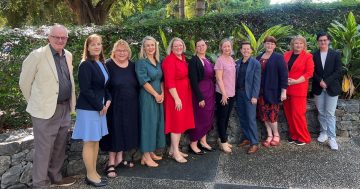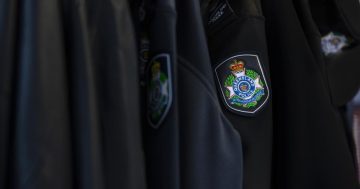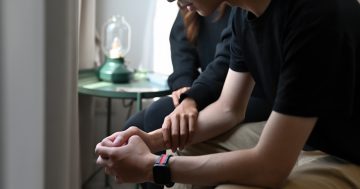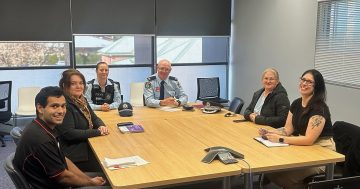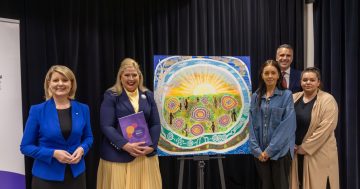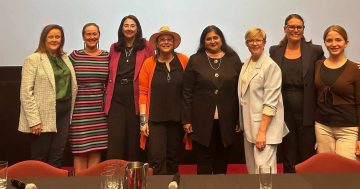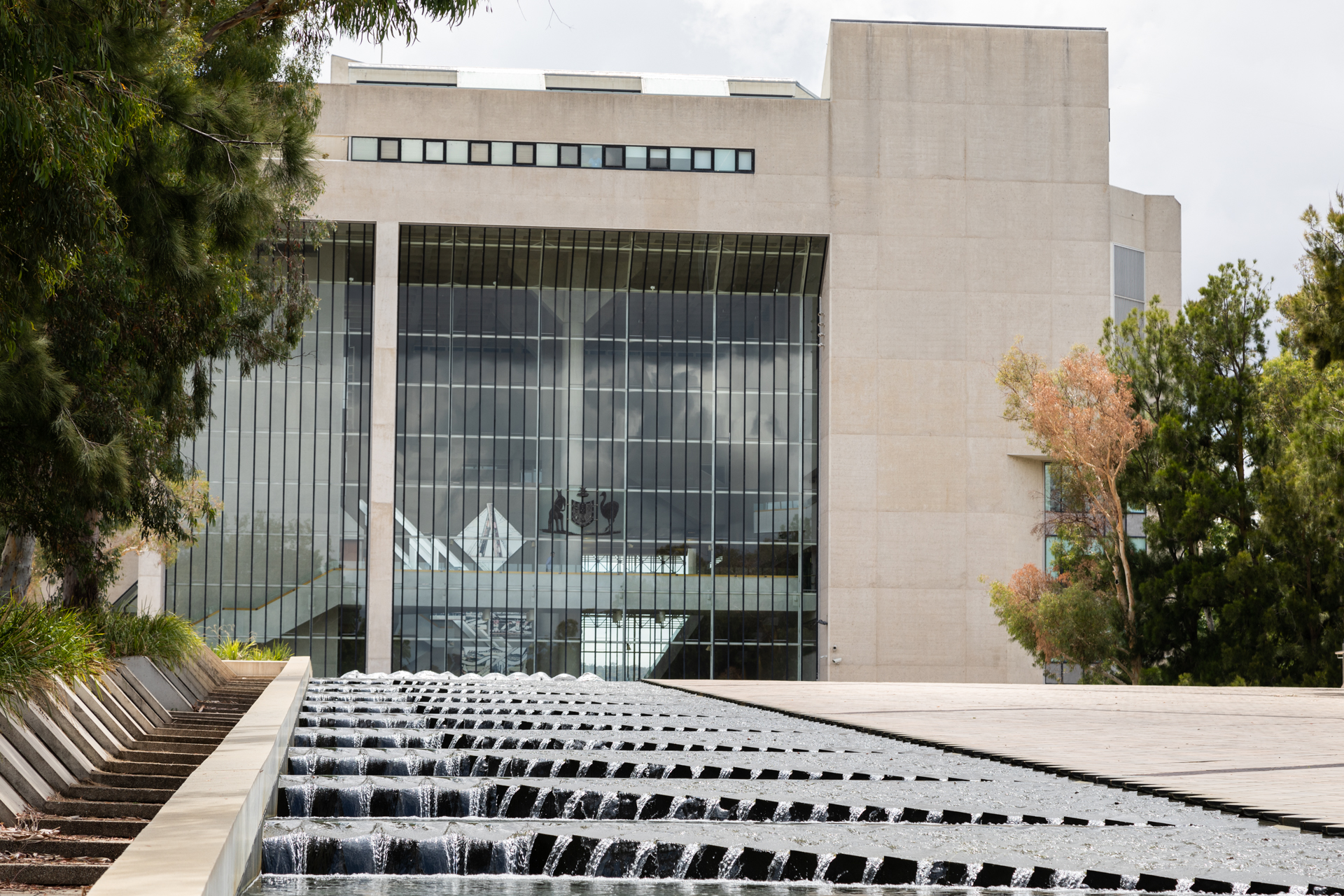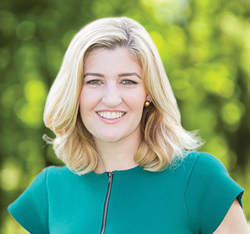 New laws allowing camera footage in court for domestic and family violence (DFV) survivors have been announced by the Attorney-General and Minister for the Prevention of Domestic and Family Violence, Shannon Fentiman.
New laws allowing camera footage in court for domestic and family violence (DFV) survivors have been announced by the Attorney-General and Minister for the Prevention of Domestic and Family Violence, Shannon Fentiman.
Ms Fentiman (pictured) said the pilot period would allow the use of police body-worn camera evidence now that the Evidence and Other Legislation Amendment Bill 2021 had passed in the Queensland Parliament.
“We know it can be extremely traumatic for victims of domestic and family violence (DFV) when giving evidence in court,” Ms Fentiman said.
“That’s why we will be running a pilot that will police captured camera footage as evidence-in-chief in domestic and family violence matters,” she said.
“This can reduce trauma for survivors by avoiding the task of telling their story multiple times.”
Ms Fentiman said the Government was unwavering in its commitment to protecting Queenslanders from DFV.
She said the reforms Parliament passed would further strengthen their response by ensuring Queensland’s justice system supports victims in a trauma.
“The legislation provides a framework for a pilot allowing video statements taken by trained police officers to be admissible as a survivor’s evidence-in-chief in criminal proceedings for a domestic violence offence, including breaches of domestic violence orders,” she said.
“These reforms include a range of safeguards designed to limit the trauma and protect the privacy of survivors who give evidence in this way”
The Attorney-General said consideration was being given to the operation of a 12-month pilot which would run simultaneously in two Magistrates Courts at Ipswich and Southport and further consultation is to be undertaken soon with key stakeholders about the details of the pilot.
She said the pilot would be the subject of an independent evaluation with impacts on fair trial rights of the accused, as well as the experiences of survivors being key components of this evaluation.
Ms Fentiman said other rules were also approved by the Parliament that would protect journalists who may become involved in confidential issues at times.
“We want to make sure our laws protect journalists and their sources to ensure a free, independent and effective media,” she said.


